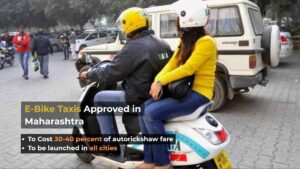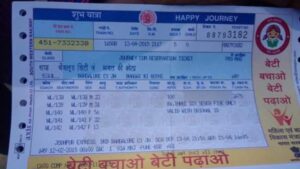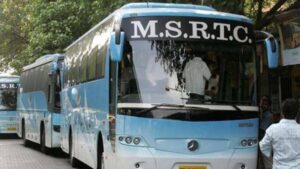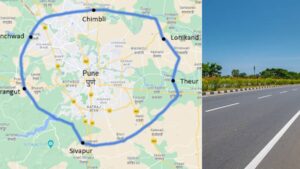Maharashtra Proposes Proof of Parking for New Vehicle Registration, Congestion Tax to Limit Number of Vehicles Per Family
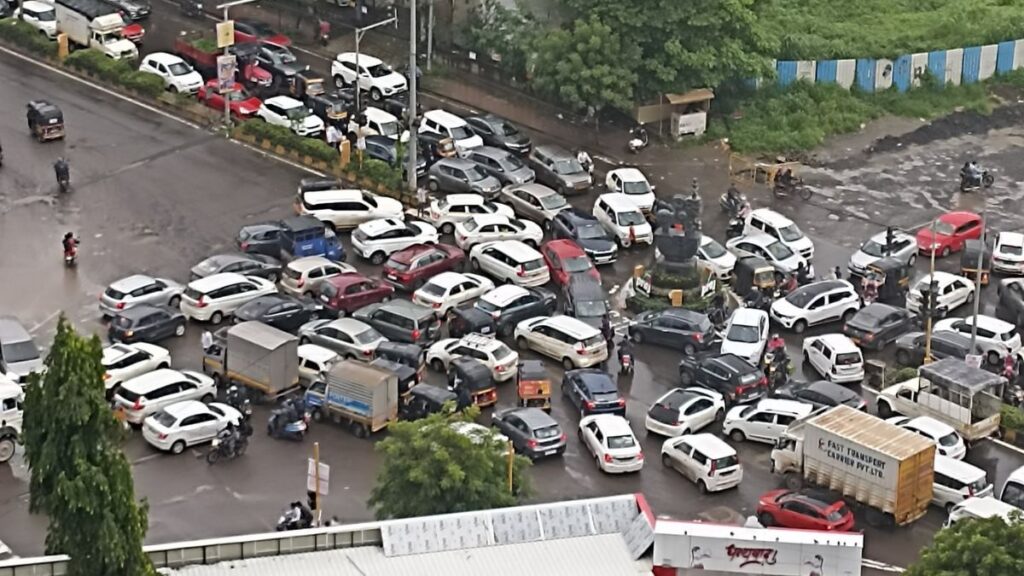
In a decisive step to curb traffic congestion and parking issues, the Maharashtra government is considering a groundbreaking policy requiring mandatory proof of parking before registering new vehicles across Mumbai and other urban centers. The proposed measure aims to tackle the growing challenges of parking shortages, vehicular congestion, and pollution by enforcing stricter regulations on vehicle ownership.
Mandatory Certified Parking Area (CPA) Certificate for New Vehicles
According to a report by Hindustan Times (HT), the state’s transport commissioner’s office has moved forward with a proposal making it compulsory for vehicle owners to produce a Certified Parking Area (CPA) certificate before registering a new car. This would require individuals to demonstrate they have sufficient parking space—whether in private or public areas—before being allowed to purchase a vehicle.
The CPA requirement, still in its early stages, is part of a larger state-wide effort to streamline urban traffic and reduce haphazard vehicle parking on public roads. Chief Minister Devendra Fadnavis has reportedly reviewed the proposal and instructed the transport department to engage with key stakeholders for further deliberations over the next three months.
Global Models Supporting the Parking Proof Concept
The concept of mandatory proof of parking is not new and has seen successful implementation globally. For example:
- Japan mandates a ‘garage certificate’ before purchasing a vehicle.
- Singapore employs a ‘Certificate of Entitlement’ to limit car ownership and regulate vehicle population.
- China uses vehicle purchase restrictions based on city-wide quotas and auctions.
Maharashtra aims to follow similar global standards, ensuring limited vehicular growth while promoting responsible vehicle ownership.
Congestion Tax and Vehicle Restrictions Under Consideration
In addition to proof of parking, the government is also contemplating introducing congestion taxes and vehicle restrictions, particularly in high-traffic areas like South Mumbai and other business districts with limited parking infrastructure.
The congestion tax plan could involve a heavy toll for vehicles entering densely populated zones during peak hours, inspired by global models like London’s £15 congestion charge, which led to a 20% reduction in vehicular movement. Stockholm also charges tolls to control traffic in its city center.
To ensure the success of such initiatives, the government is exploring ways to strengthen public transportation options, such as expanding metro connectivity and making alternative parking facilities available near restricted zones like the Mumbai Port Authority.
Public Consultation and Legal Review Underway
The state transport department plans to conduct extensive stakeholder consultations over the next month, involving representatives from transport, urban development, vehicle manufacturing, and motorist associations. The legal framework will also be assessed to ensure smooth implementation.
Transport expert AV Shenoy acknowledged the importance of these steps in an HT report but highlighted potential resistance from both the public and powerful automobile manufacturing lobbies. He emphasized the need for parallel improvements in public transport to ensure these policies are effective.
A Phased Approach for Implementation
State officials clarified that the proposed policies, including the CPA certification and congestion tax, will be introduced in phases and may first be implemented in areas like Navi Mumbai where infrastructure can better support these changes.
While the proposals are still in the consultation stage, they signal a significant shift in Maharashtra’s approach to managing urban mobility and environmental sustainability.
